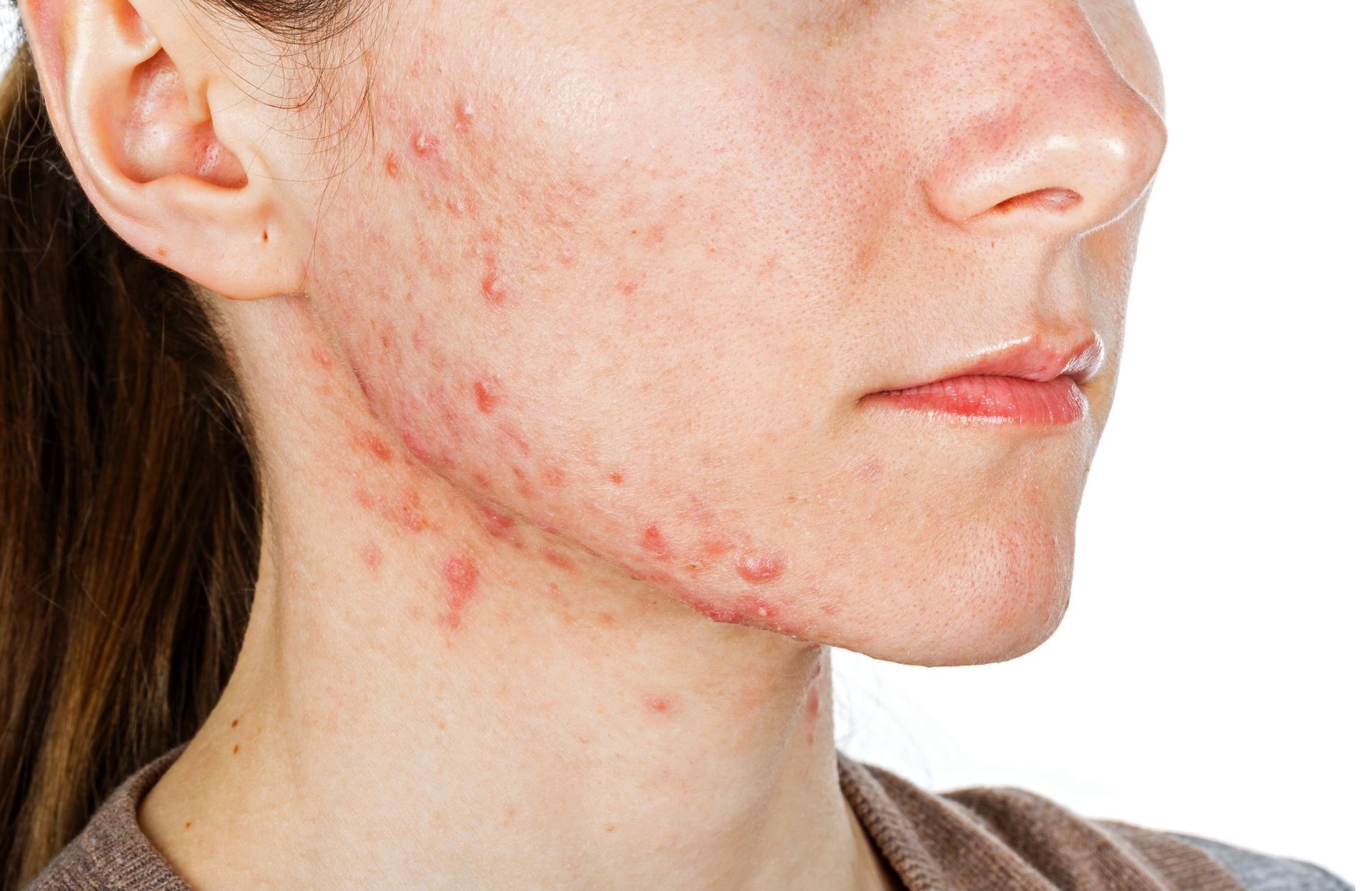When Is It Time to Visit a Dermatologist?
Your skin does more than just reflect your appearance—it protects your body, helps regulate temperature, and serves as a vital first line of defense against environmental threats. Because of its importance, your skin deserves proper care and attention. While daily routines and over-the-counter products can help, there are times when expert care is necessary. Recognizing the right moment to consult a dermatologist can make a significant difference in both health and confidence.
Persistent Acne That Won’t Go Away
One of the most common signs that it’s time to visit a dermatologist is persistent acne that doesn’t improve with drugstore remedies. Acne can affect individuals of all ages, and untreated breakouts may lead to permanent scarring or emotional distress. A dermatologist can offer personalized treatments such as prescription medications or advanced therapies designed to clear up your skin safely and effectively. For those going through cancer treatment, professional support also extends to skincare for radiation treatment, helping to soothe and protect compromised skin.
Worrisome Spots, Rashes, or Moles
Sudden or unusual changes in your skin should not be ignored. This includes moles that grow, change color, itch, or bleed—potential warning signs of skin cancer. Getting these spots examined early can be lifesaving. Additionally, unresolved rashes or discoloration might indicate underlying conditions that require medical evaluation. Beyond health risks, skin issues can impact your mental and emotional well-being. In fact, according to New York Post, 67% of people cite skin issues as a major source of lost confidence. Those recovering from cancer should also be aware of the importance of specialized skincare for radiation treatment to reduce discomfort and support healing.
Concerns About Aging Skin or Ongoing Conditions
Even if you're not experiencing a specific problem, dermatologists offer services that enhance your skin’s long-term health. Wrinkles, sun spots, and loss of elasticity can all be addressed through tailored anti-aging treatments and medical-grade skincare. Conditions like eczema, psoriasis, and rosacea also benefit from expert evaluation and treatment plans. If your skin has been affected by medical procedures, dermatologists can recommend proper skincare for radiation treatment to ease symptoms and maintain skin strength.
Whether you're battling stubborn breakouts, concerned about a changing mole, or exploring anti-aging options, a dermatologist can provide clarity and care. Don’t wait for small issues to become major concerns—schedule a visit at Kureology M.D. and protect your skin for the long run.





Share On: